Comments
No comments yet. You can be the first!
Content extract
English Literature – Introduction to A Levels English Literature is definitely the most interesting A Level course that you can take if you love to immerse yourself in other worlds, other lives and other times. If you love reading, there is nothing better than being able to spend two years immersing yourself in prose, poetry and plays. English Literature is a highly desirable ‘facilitating subject’; this means that all the top universities consider it to be a brilliant subject to study at A Level and it demonstrates to them in your UCAS application that you have the skills they are looking for – and this is equally important, if not more so, if you have otherwise studied the so-called STEM subjects such as Science and Maths. English Literature shows that there is so much more about you than these factual and logical subjects. What are the skills you will develop? Here’s the serious stuff During your GCSE English course, you will already have begun developing your analytical
and interpretation skills. However, the A Level English Literature course will require you to take this level of skill and comprehension one step further. Examiners and English teachers will be looking for far more intellectual arguments and responses to the texts on the syllabus and will expect you to articulate these opinions maturely, both verbally and in writing. As well as complementing your analytical skills, your sensitivity to language, your comprehension of literary terminology and your awareness of social and cultural contexts, the course will help you to build up some key generic skills that you can apply to your work and studies beyond the A Level course. These include improved oral and written skills, more advanced research and planning techniques, the capacity for independent thought and more resourceful IT skills. Being able to understand the nuances of words in the English Language can also go a long way in making you a better communicator and listener, which are seen
by employers as very valuable personal attributes. Where can it lead you? All of the students we have taught over the past years have gone on to do a wide variety of courses: some choose to take their studies further at university in English Literature, Creative Writing, Journalism, etc. One ex-student who studied it to degree level began her working life writing for Buzzfeed and is now doing the publicity for BBC3! So, to sum up, if you enjoyed the English Literature part of your GCSE studies the most, and love reading generally, then studying it at A Level is the best route for you. Course outline Your teachers, currently Mrs Taylor and Mrs Horton, respectively teach you one of the two units: World War I and its Aftermath, and Love Through the Ages. In both units, you will study a variety of texts: prose, poetry and plays; for example, The Great Gatsby and Othello in Love Through the Ages, and Journey’s End and The First Casualty in WW1 and its Aftermath There are mock
examinations in both units at the end of Year 12 and, after that, we begin to think about your NEA (coursework) which is a comparative analysis of two texts. Here, you have free choice – with guidance – of the texts you write about, as long as one is pre-1900; they can be sizeable poems / groups of poems, novels, play and novel, etc. You will create your own question based on an aspect which arises out of your reading and interests you. Pre- course tasks Love Through the Ages People place love at the centre of their lives, recognising its importance for their sense of wellbeing, for health, happiness and fulfilment of ambitions. It is no wonder that love is one of the most common themes in all the creative arts but, as we will learn through our study of the set texts, it is a subject which gives rise to a wide variety of events and situations, encompassing many shades of emotion. Activity 1: The meanings of love The ancient Greeks had about 30 words for love, referring to
different kinds of loving. Research this topic: Plato’s Symposium is a good place to start as it offers some useful insights into Greek notions of love. Find at least six of the words for love and their meanings When you are doing your own reading, to what extent does each of these types of love apply? Find it here: http://classics.mitedu/Plato/symposiumhtml Activity 2: Lovers in literature and popular culture 1. Make a list of couples in literature and popular culture – television, film and computer games – who are well-known as characters in love. Consider your list and make brief notes on the narratives connected with each of your couples; were there struggles with convention or obstacles to overcome? Why have the sotries of their relationships engaged and interested readers and viewers? 2. Can you think of any real people, past or present – politicians, sportspeople, musicians, celebrities, royalty – whose love for their partners or families has been inspirational or full
of controversy or interest? Activity 3: Exploring love poems through the ages One way of doing this with a sense of purpose, but at your own pace, is to explore the theme of love in the Poetry Archive online. The reading and words are often accompanied by an introduction to the poem. On the Poetry Archive site (https://poetryarchive.org/poem/sonnet-116/) start by reading Sonnet 116 by Shakespeare. Click on the link to ‘love’ below the poem and it will provide you with a list of poems all with this theme, or, if one is given, follow the ‘Where next?’ suggestion. Take note of the information given about the poems you explore in this way and use it for further exploration. Choose any two of the tasks below (or more, as you’ve got so much time between now and September!) Bring your work into school with you for the first lesson. ‘The Great Gatsby’ Activities The time in which ‘The Great Gatsby’ was written was an exciting period – the roaring ‘20s, just after the
end of World War 1 – which also links nicely into your unit on that period! Tasks: 1. Research F Scott Fitzgerald: his life and the time in which he lived and wrote Produce a 300 word summary of the historical context of the novel; this must be in your own words not copied and pasted. You could choose to do this in a more creative way, such as a mindmap or other visual interpretation / mood board. 2. Read Chapter 1 of the novel at the following link: http://gutenberg.netau/ebooks02/0200041hhtml Create character profiles for the main characters: Nick Carraway (narrator); Tom Buchanan; Daisy Buchanan; Jordan Baker and Gatsby. How does Fitzgerald pique the reader’s interest in this opening chapter? 3. You could watch the film version by Baz Luhrmann (2013) and write a review If you prefer not to know the end before you read or study the novel, then you might not want to do this one. Course Background & Resources – videos Love Through the Ages There are a number of online
resources that will enrich and extend your study of love in literature through the ages. Some of the most useful are as follows: BBC Radio 4: In Our Time Each episode of Melvyn Bragg’s wide-ranging discussion series features a particularl topic discussed by three experts. All past episodes are available online at this link: https://www.bbccouk/programmes/b006qykl/episodes/player There are episodes on the Metaphysical poets, Greek and Roman love poetry, the sonnet, the philosophy of love, the later Romantics and Shakespeare’s life and work, et al. Oxford Podcasts: Approaching Shakespeare, with Emma Smith Find them here: https://podcasts.oxacuk/people/emma-smith Emma Smith’s contributions to the series are both accessible and informative. The Approaching Shakespeare series, which draws on Smith’s own research, includes lectures on Othello. The associated website Great Writers Inspire contains a range of other useful information on many writers, including Shakespeare, Jane Austen,
F Scott Fitzgerald and Thomas Hardy. The Globe: Adopt an Actor The website / archive is in the process of being updated: https://archive.shakespearesglobecom/CalmView/Overviewaspx Search through the resources to find PDF files of questions and answers relating to playing characters in Othello and reflect on the process of bringing Shakespeare’s characters to life
and interpretation skills. However, the A Level English Literature course will require you to take this level of skill and comprehension one step further. Examiners and English teachers will be looking for far more intellectual arguments and responses to the texts on the syllabus and will expect you to articulate these opinions maturely, both verbally and in writing. As well as complementing your analytical skills, your sensitivity to language, your comprehension of literary terminology and your awareness of social and cultural contexts, the course will help you to build up some key generic skills that you can apply to your work and studies beyond the A Level course. These include improved oral and written skills, more advanced research and planning techniques, the capacity for independent thought and more resourceful IT skills. Being able to understand the nuances of words in the English Language can also go a long way in making you a better communicator and listener, which are seen
by employers as very valuable personal attributes. Where can it lead you? All of the students we have taught over the past years have gone on to do a wide variety of courses: some choose to take their studies further at university in English Literature, Creative Writing, Journalism, etc. One ex-student who studied it to degree level began her working life writing for Buzzfeed and is now doing the publicity for BBC3! So, to sum up, if you enjoyed the English Literature part of your GCSE studies the most, and love reading generally, then studying it at A Level is the best route for you. Course outline Your teachers, currently Mrs Taylor and Mrs Horton, respectively teach you one of the two units: World War I and its Aftermath, and Love Through the Ages. In both units, you will study a variety of texts: prose, poetry and plays; for example, The Great Gatsby and Othello in Love Through the Ages, and Journey’s End and The First Casualty in WW1 and its Aftermath There are mock
examinations in both units at the end of Year 12 and, after that, we begin to think about your NEA (coursework) which is a comparative analysis of two texts. Here, you have free choice – with guidance – of the texts you write about, as long as one is pre-1900; they can be sizeable poems / groups of poems, novels, play and novel, etc. You will create your own question based on an aspect which arises out of your reading and interests you. Pre- course tasks Love Through the Ages People place love at the centre of their lives, recognising its importance for their sense of wellbeing, for health, happiness and fulfilment of ambitions. It is no wonder that love is one of the most common themes in all the creative arts but, as we will learn through our study of the set texts, it is a subject which gives rise to a wide variety of events and situations, encompassing many shades of emotion. Activity 1: The meanings of love The ancient Greeks had about 30 words for love, referring to
different kinds of loving. Research this topic: Plato’s Symposium is a good place to start as it offers some useful insights into Greek notions of love. Find at least six of the words for love and their meanings When you are doing your own reading, to what extent does each of these types of love apply? Find it here: http://classics.mitedu/Plato/symposiumhtml Activity 2: Lovers in literature and popular culture 1. Make a list of couples in literature and popular culture – television, film and computer games – who are well-known as characters in love. Consider your list and make brief notes on the narratives connected with each of your couples; were there struggles with convention or obstacles to overcome? Why have the sotries of their relationships engaged and interested readers and viewers? 2. Can you think of any real people, past or present – politicians, sportspeople, musicians, celebrities, royalty – whose love for their partners or families has been inspirational or full
of controversy or interest? Activity 3: Exploring love poems through the ages One way of doing this with a sense of purpose, but at your own pace, is to explore the theme of love in the Poetry Archive online. The reading and words are often accompanied by an introduction to the poem. On the Poetry Archive site (https://poetryarchive.org/poem/sonnet-116/) start by reading Sonnet 116 by Shakespeare. Click on the link to ‘love’ below the poem and it will provide you with a list of poems all with this theme, or, if one is given, follow the ‘Where next?’ suggestion. Take note of the information given about the poems you explore in this way and use it for further exploration. Choose any two of the tasks below (or more, as you’ve got so much time between now and September!) Bring your work into school with you for the first lesson. ‘The Great Gatsby’ Activities The time in which ‘The Great Gatsby’ was written was an exciting period – the roaring ‘20s, just after the
end of World War 1 – which also links nicely into your unit on that period! Tasks: 1. Research F Scott Fitzgerald: his life and the time in which he lived and wrote Produce a 300 word summary of the historical context of the novel; this must be in your own words not copied and pasted. You could choose to do this in a more creative way, such as a mindmap or other visual interpretation / mood board. 2. Read Chapter 1 of the novel at the following link: http://gutenberg.netau/ebooks02/0200041hhtml Create character profiles for the main characters: Nick Carraway (narrator); Tom Buchanan; Daisy Buchanan; Jordan Baker and Gatsby. How does Fitzgerald pique the reader’s interest in this opening chapter? 3. You could watch the film version by Baz Luhrmann (2013) and write a review If you prefer not to know the end before you read or study the novel, then you might not want to do this one. Course Background & Resources – videos Love Through the Ages There are a number of online
resources that will enrich and extend your study of love in literature through the ages. Some of the most useful are as follows: BBC Radio 4: In Our Time Each episode of Melvyn Bragg’s wide-ranging discussion series features a particularl topic discussed by three experts. All past episodes are available online at this link: https://www.bbccouk/programmes/b006qykl/episodes/player There are episodes on the Metaphysical poets, Greek and Roman love poetry, the sonnet, the philosophy of love, the later Romantics and Shakespeare’s life and work, et al. Oxford Podcasts: Approaching Shakespeare, with Emma Smith Find them here: https://podcasts.oxacuk/people/emma-smith Emma Smith’s contributions to the series are both accessible and informative. The Approaching Shakespeare series, which draws on Smith’s own research, includes lectures on Othello. The associated website Great Writers Inspire contains a range of other useful information on many writers, including Shakespeare, Jane Austen,
F Scott Fitzgerald and Thomas Hardy. The Globe: Adopt an Actor The website / archive is in the process of being updated: https://archive.shakespearesglobecom/CalmView/Overviewaspx Search through the resources to find PDF files of questions and answers relating to playing characters in Othello and reflect on the process of bringing Shakespeare’s characters to life
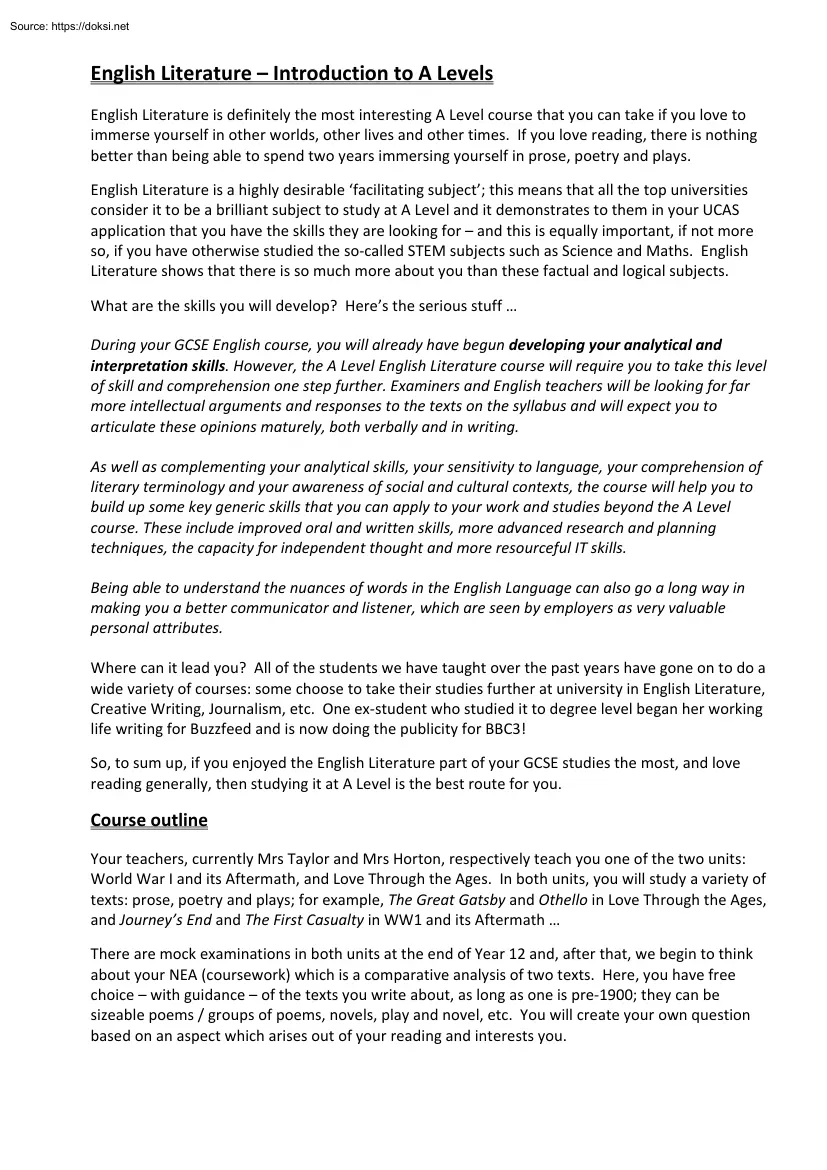
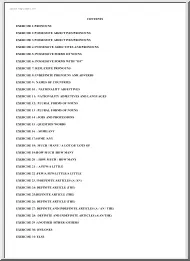
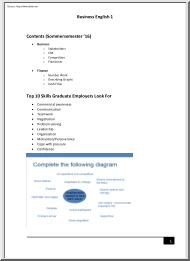
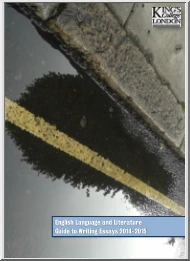
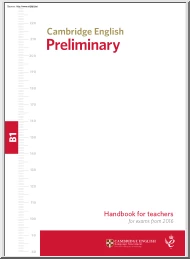
 Just like you draw up a plan when you’re going to war, building a house, or even going on vacation, you need to draw up a plan for your business. This tutorial will help you to clearly see where you are and make it possible to understand where you’re going.
Just like you draw up a plan when you’re going to war, building a house, or even going on vacation, you need to draw up a plan for your business. This tutorial will help you to clearly see where you are and make it possible to understand where you’re going.